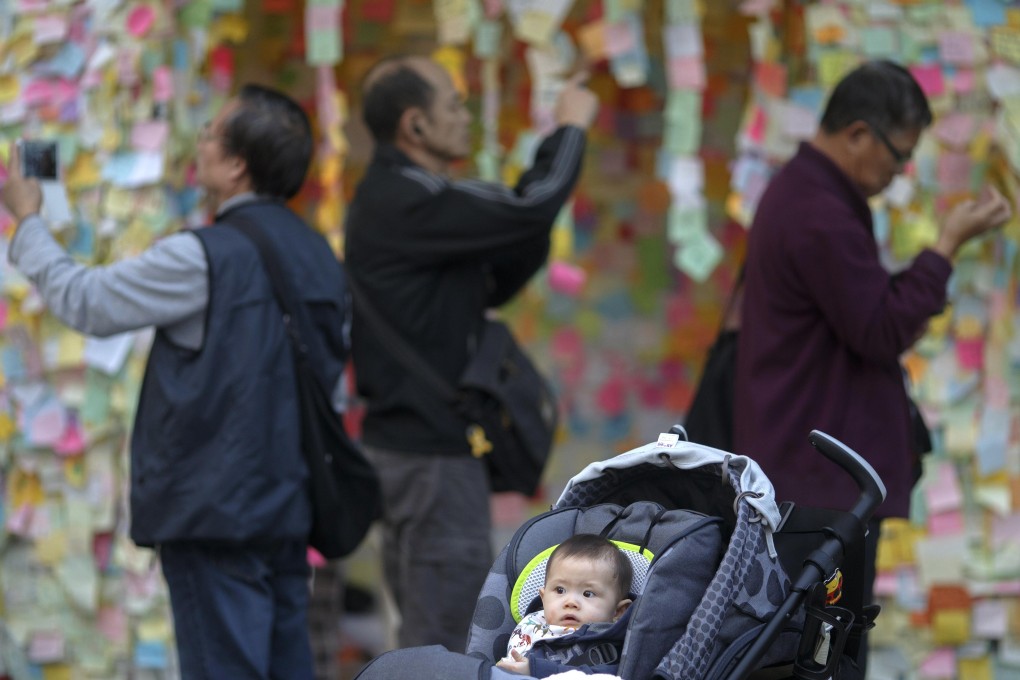Occupy protests may be ending, but the grievances won't go away
Philip Yeung says many of the problems can be traced back to Donald Tsang's disastrous policies

By now, popular support for the Occupy Movement has melted away. After two noisy months, its chokepoints have exacted a painful price on the retail and transport sectors. The tide is turning.
When it began, some cab drivers would ferry passengers to the occupied areas for free - until the occupation began to eat into their livelihood.
Tactically, the government's approach of waiting it out has worked. Student organisers, seeing the writing on the wall, have resorted to increasingly desperate moves to keep the movement alive. Scholarism's Joshua Wong Chi-fung, who tasted victory in the campaign against national education, is eager for an encore. But the government won't budge, and Wong can't win.
But the government cannot afford to gloat. The ugly factors that have fuelled the movement are still festering.
It is good to see that the Commission on Poverty has swung into action to address social grievances. Livelihood-obsessed Hongkongers are notoriously apolitical. They may not hanker for messy democracy per se, but they do yearn for good government and a fair society.
People returning from living overseas lament the loss of the old Hong Kong, celebrated globally as the most freewheeling place on earth for entrepreneurship. A decade of pampering the super-rich has tilted the scales against the rest of society.
Former chief executive Donald Tsang Yam-kuen, known for hobnobbing with tycoons, is as notorious for his expensive wine collection, sold upon leaving office, as he is for a series of disastrous moves that fundamentally altered our universe. He suspended land auctions, discontinued the building of public housing and curtailed the construction of the Home Ownership Scheme, artificially driving up property prices well beyond the reach of the middle class.